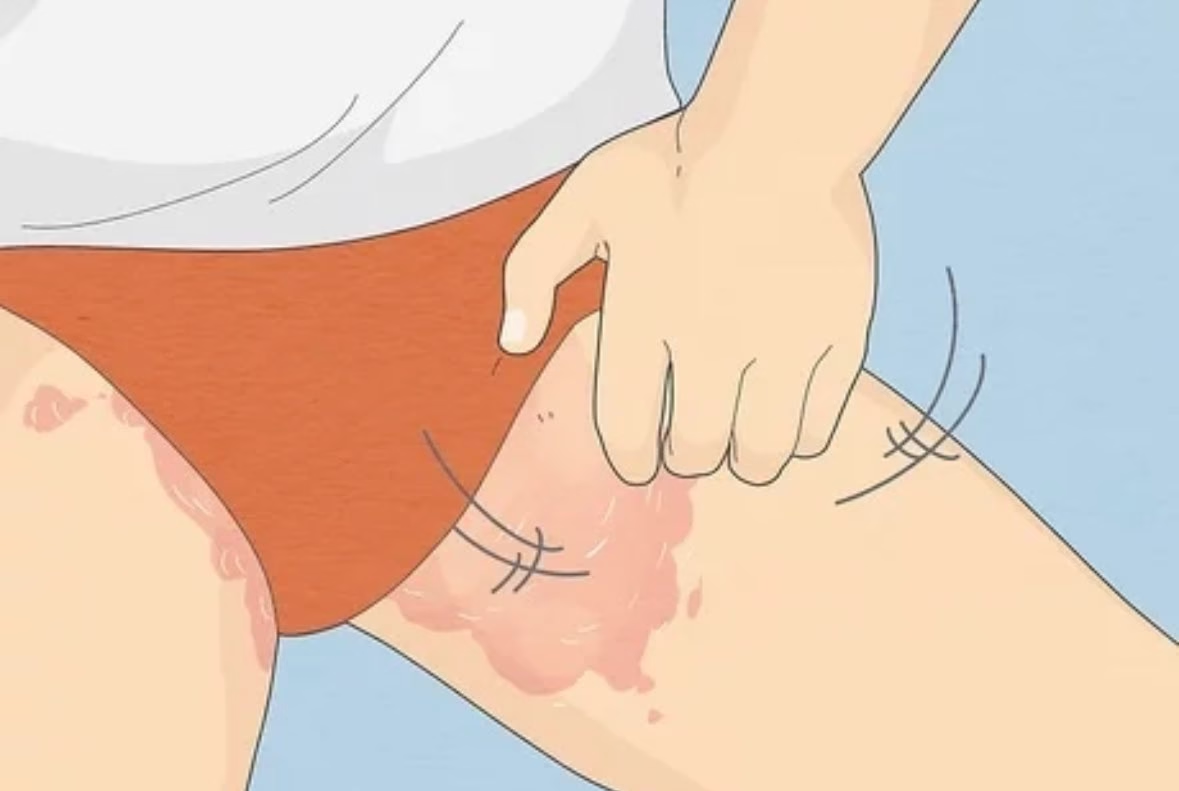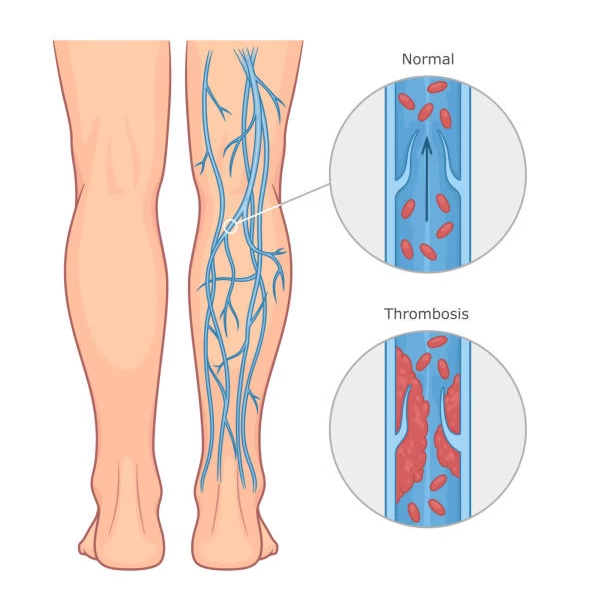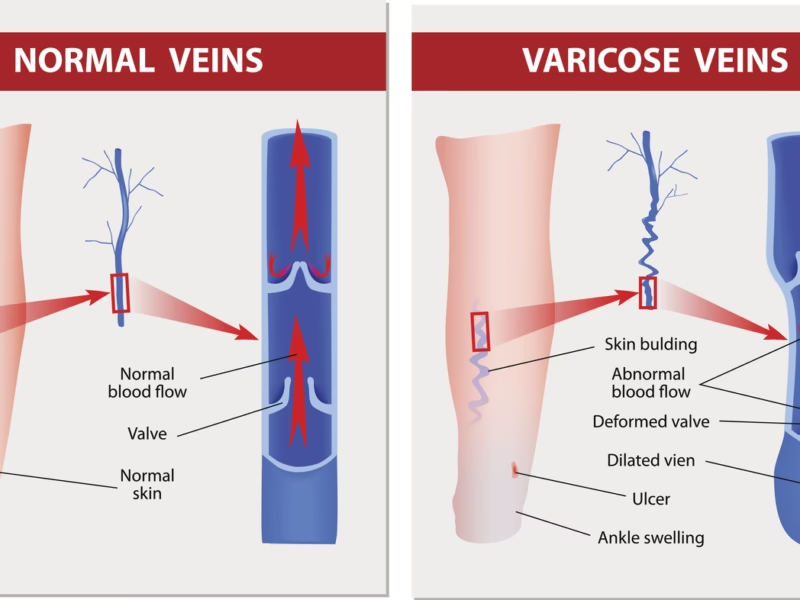It’s easy to overlook, but what you wear underneath your clothes plays a surprisingly big role in your health. While fashion trends often favor sleek, figure-hugging silhouettes, tight underwear — whether it’s tight panties, thongs, or boxers that are too tight — can come with a hidden list of health risks.
Wearing snug undergarments occasionally may not cause harm, but prolonged or daily use of tight underwear can lead to skin irritation, circulation issues, infections, and even fertility problems in some cases. Let’s break down the effects of tight underwear, the risks for both men and women, and what you can do to stay comfortable and healthy.
-
Skin Irritation and Chafing
The most immediate problem caused by tight underwear is friction. When fabric constantly rubs against your skin, especially in sensitive areas, it can cause chafing, rashes, and skin irritation.
- For women, tight panties or thongs can irritate the vulva and inner thighs.
- For men, boxers that are too tight can lead to inner thigh rashes and discomfort.
Moisture, heat, and lack of ventilation make things worse, creating the perfect environment for bacteria to thrive.
👉 Tip: Choose breathable, soft cotton fabrics and avoid wearing tight undergarments for long periods—especially in hot or humid weather.
-
Yeast Infections and Bacterial Growth
Tight underwear limits air circulation, creating a warm, moist environment where yeast and bacteria multiply easily. This is particularly true for female tight underwear like thongs and synthetic panties, which can trap moisture.
This can lead to:
- Yeast infections, marked by itching, discharge, and discomfort.
- Bacterial vaginosis, which can cause unpleasant odor and irritation.
- Urinary tract infections (UTIs) due to bacteria migrating from the anal area to the urethra (especially common with tight thongs).
👉 Tip: Wear looser, breathable underwear during the day, and consider going without at night to give your skin time to breathe.
-
Circulation Restriction and Nerve Compression
Tight waistbands and elastic bands can compress nerves and blood vessels, especially around the groin and thighs. Over time, this may result in:
- Reduced blood flow, causing numbness or tingling.
- Pinched nerves, leading to pain or discomfort.
- Skin indentations and marks that can become irritated.
For example, men who wear boxers that are too tight may experience reduced circulation to the testicles, while women may feel pressure around the hips and lower abdomen from tight panties.
👉 Tip: Underwear should fit snugly but not leave deep marks on your skin. If you notice redness that doesn’t fade quickly, it’s too tight.
-
Impact on Male Fertility
One of the lesser-known effects of tight underwear in men is its potential impact on fertility. Tight underwear, especially synthetic or non-breathable materials, can raise the scrotal temperature.
Why does this matter?
Sperm production requires a temperature slightly cooler than the body’s core. Overheating the testicles over long periods may decrease sperm count and motility.
👉 Tip: Men trying to conceive should opt for loose-fitting boxers instead of tight briefs to support optimal sperm health.
-
Digestive Discomfort and Abdominal Pressure
Tight waistbands can put pressure on your abdomen, especially after meals. Over time, this pressure can contribute to:
- Bloating and indigestion
- Acid reflux in individuals prone to heartburn
- Discomfort during movement or sitting
Women’s tight underwear or shapewear can sometimes act like a “belt” that squeezes the abdomen, affecting digestion. For men, tight waistbands can cause discomfort and restrict movement.
👉 Tip: Choose underwear that allows your abdomen to expand naturally, especially after eating or during physical activity.
-
Inguinal and Vaginal Health Issues
For women, tight thongs can cause micro-tears along the delicate skin of the labia and perianal area. This not only irritates the skin but also creates a gateway for bacteria.
Some women may also experience increased vaginal discharge or discomfort when wearing female tight underwear daily, especially if made of non-breathable fabrics.
For men, tight underwear problems can include increased groin sweat, skin fungal infections, or jock itch.
👉 Tip: Rotate between different underwear styles. Avoid thongs or tight synthetic underwear for everyday wear.
-
Reduced Comfort and Overall Hygiene
Finally, perhaps the most obvious downside: tight underwear is simply uncomfortable. It can make you fidget throughout the day, distract you at work, or even disturb your sleep.
Additionally, when underwear traps moisture, it increases the risk of odor build-up and hygiene problems.
👉 Tip: Your underwear should feel like a second skin—not a corset.
How to Choose Healthier Underwear
If you’ve been living in tight underwear for years, don’t worry — making a few simple changes can dramatically reduce risks:
- ✅ Opt for breathable fabrics like cotton or moisture-wicking bamboo.
- ✅ Choose the right size, not too snug or loose.
- ✅ Avoid tight thongs or synthetic panties for daily use.
- ✅ Change underwear daily (or more often after sweating).
- ✅ Sleep without underwear occasionally to improve ventilation.
When to See a Doctor
If you experience persistent itching, discharge, rashes, or pain in the groin area, it’s best to consult a healthcare professional. Recurrent infections or discomfort could signal an underlying issue made worse by tight clothing.
Final Thoughts
Fashion is fun—but comfort and health should come first. Wearing tight underwear occasionally is fine, but making it your everyday habit can invite a host of problems, from infections to fertility concerns.
So next time you shop for underwear, remember: the best choice is one that lets your skin breathe, your body move, and your health thrive.


